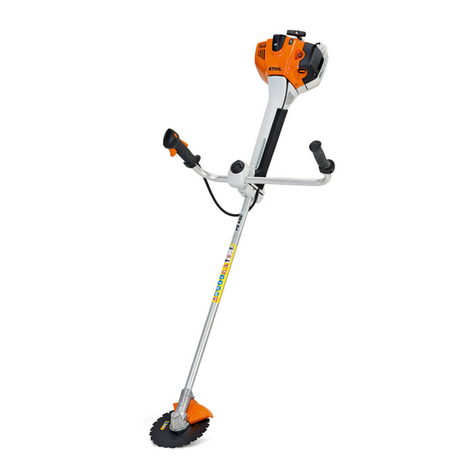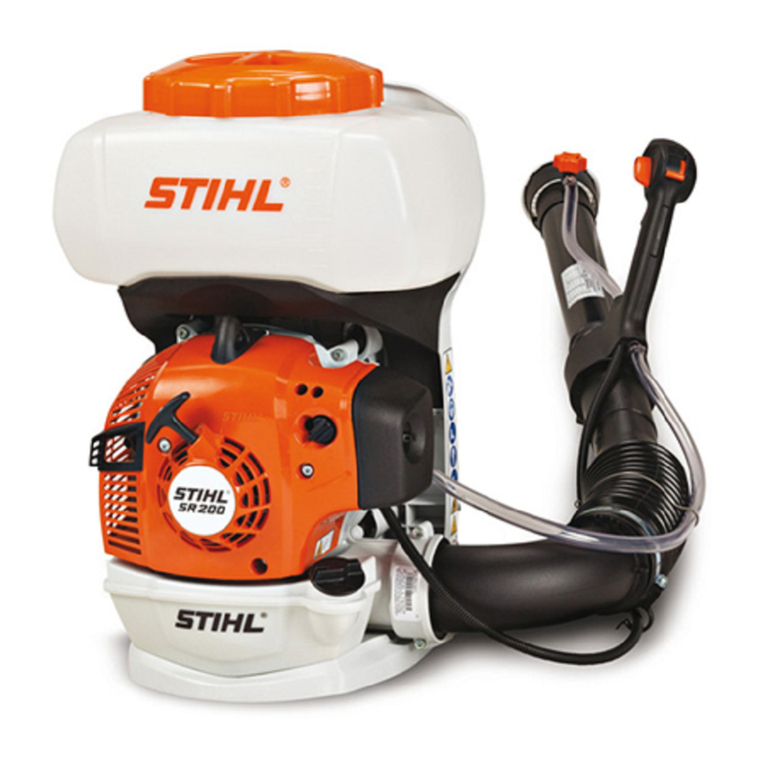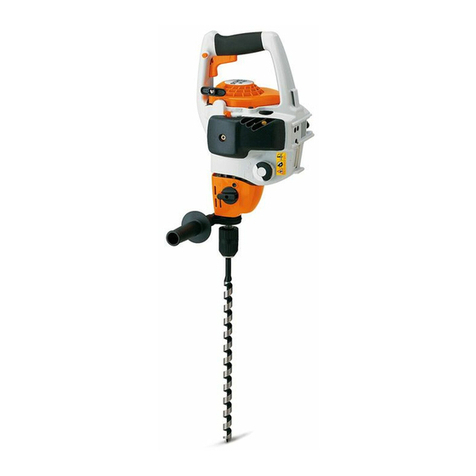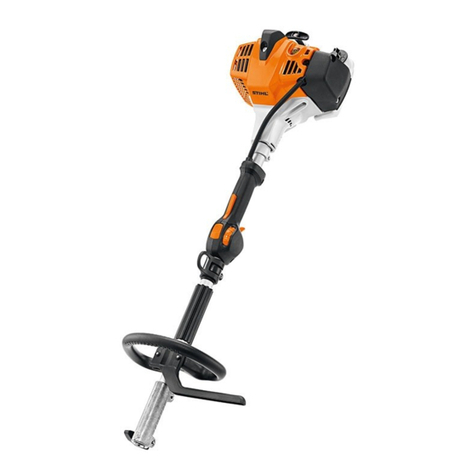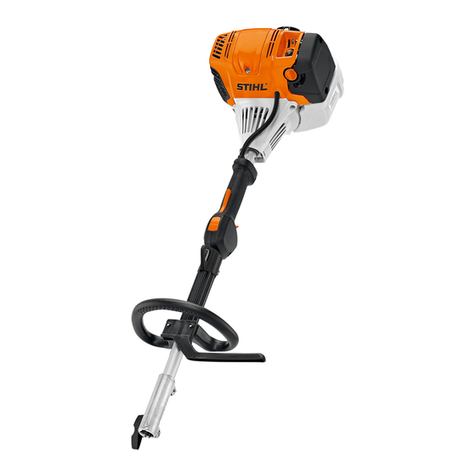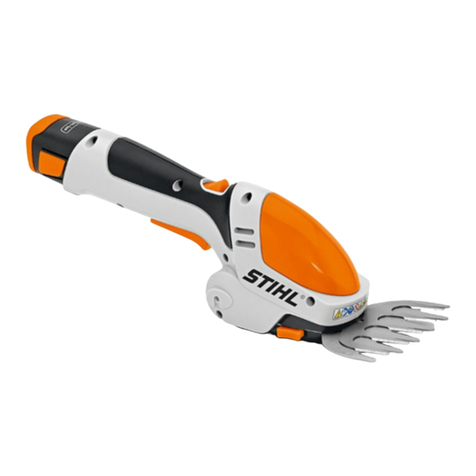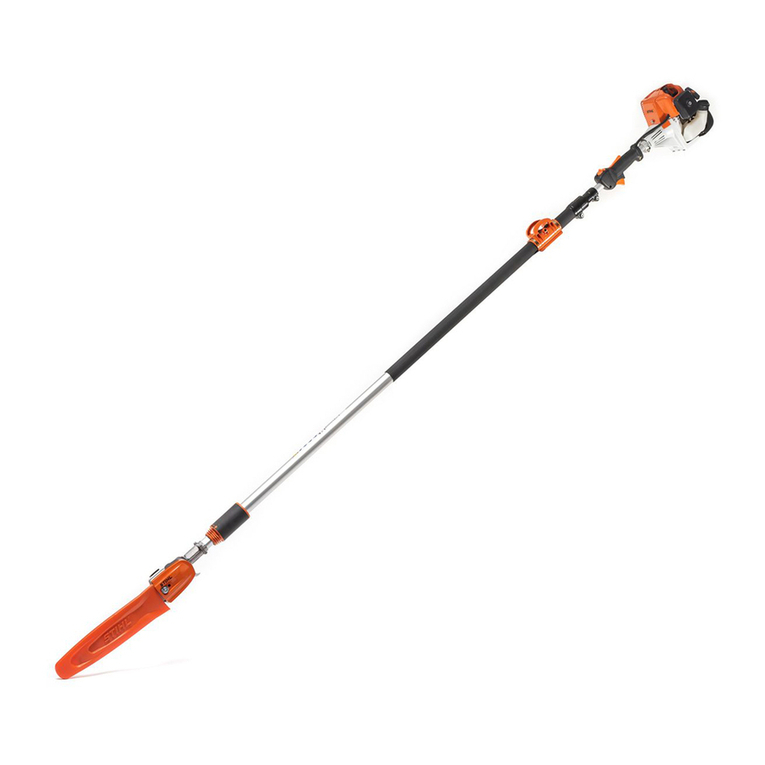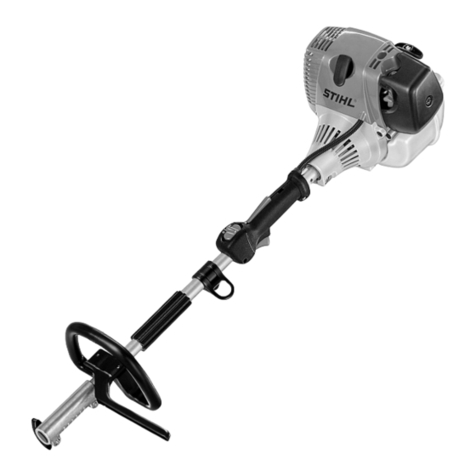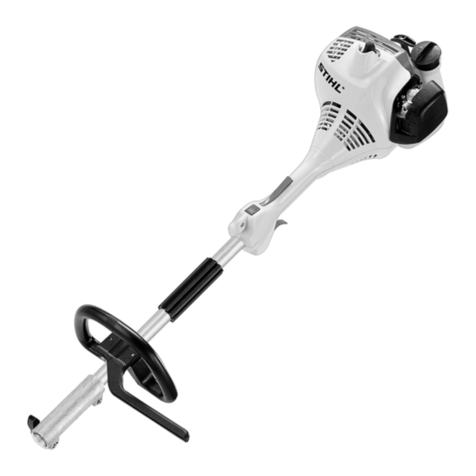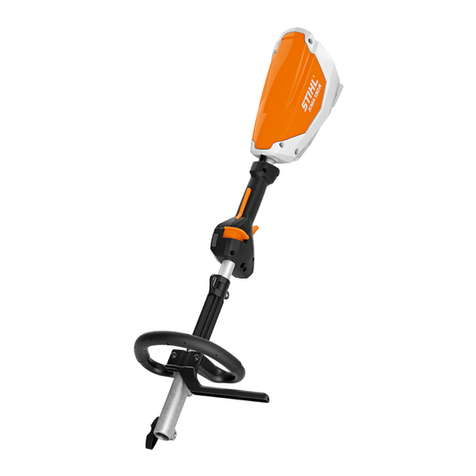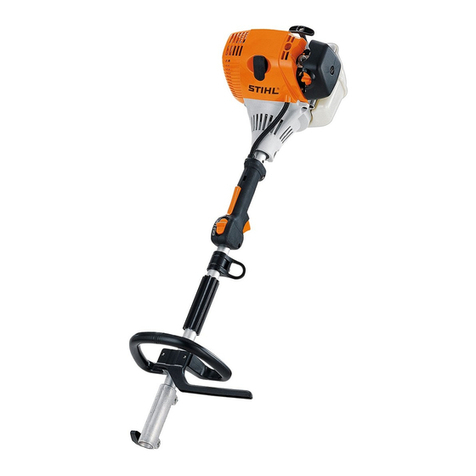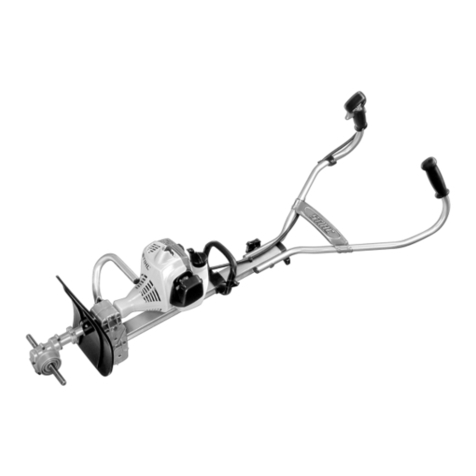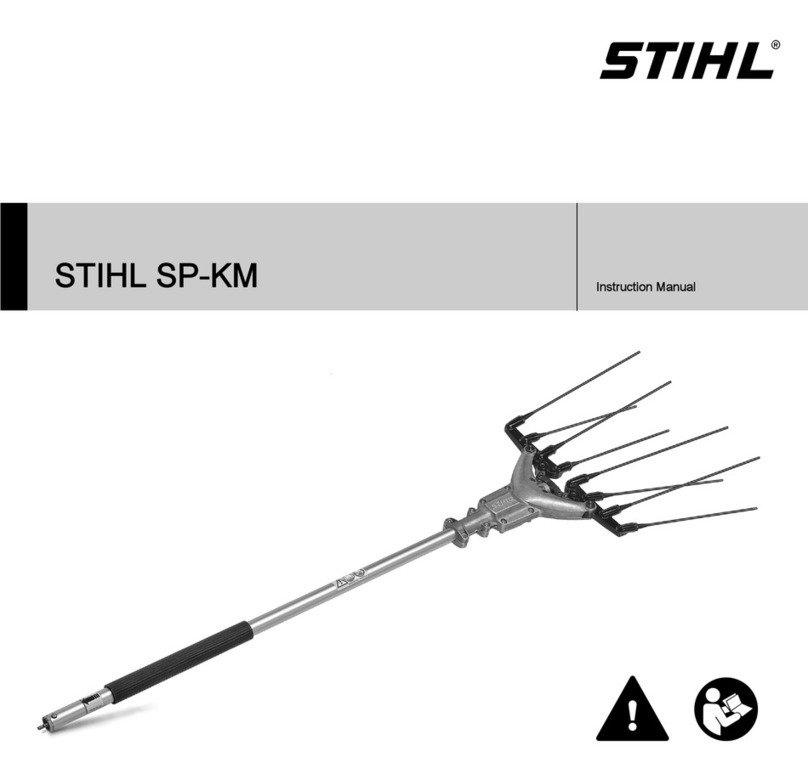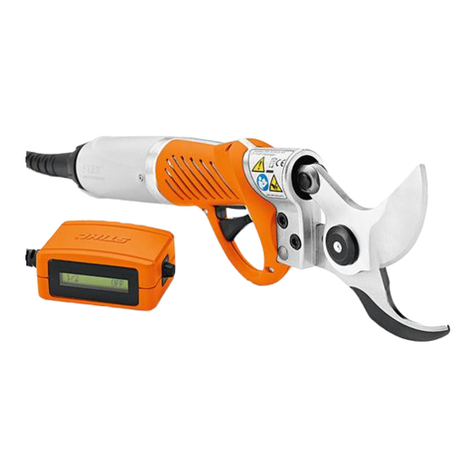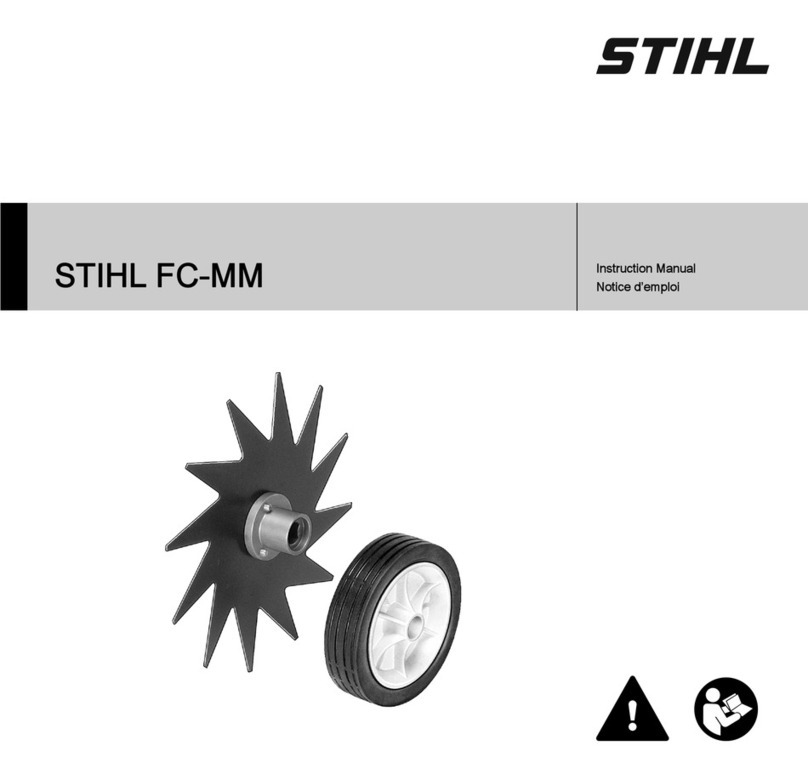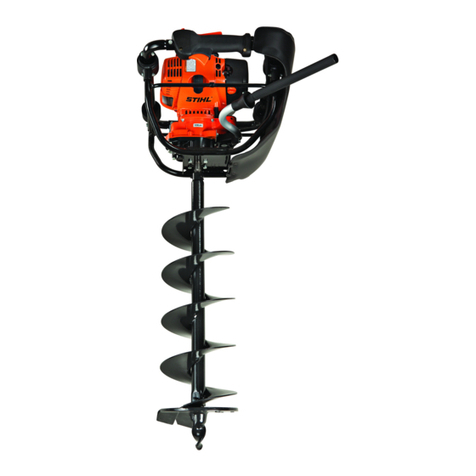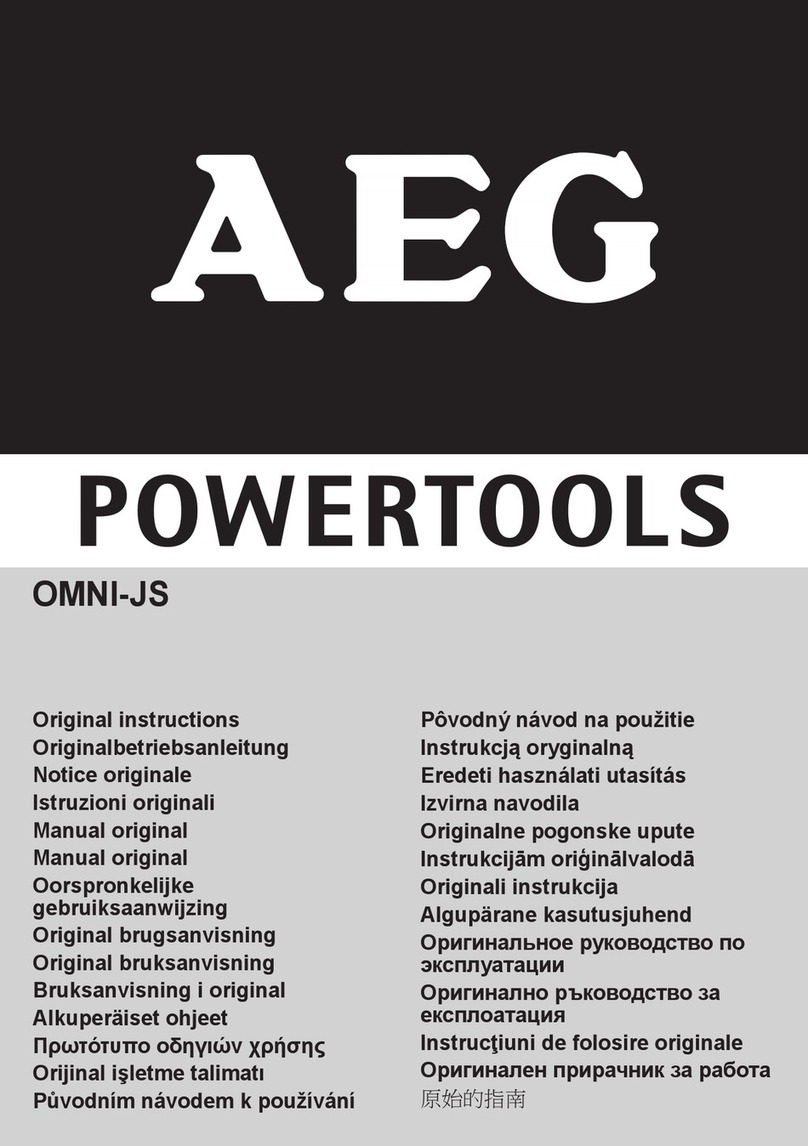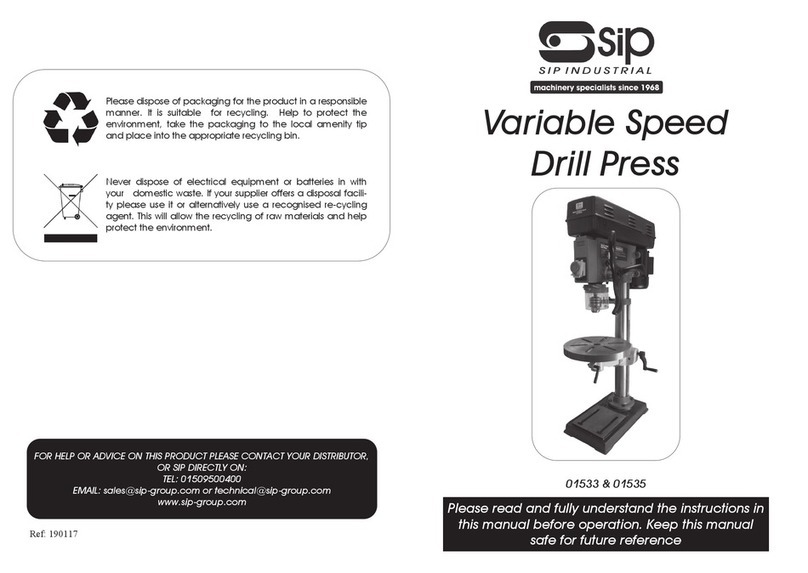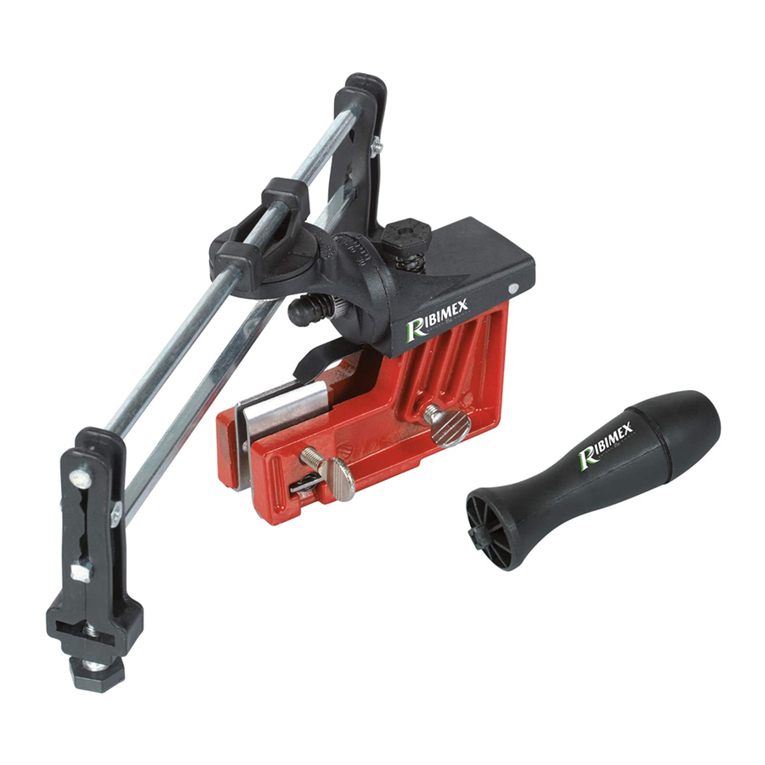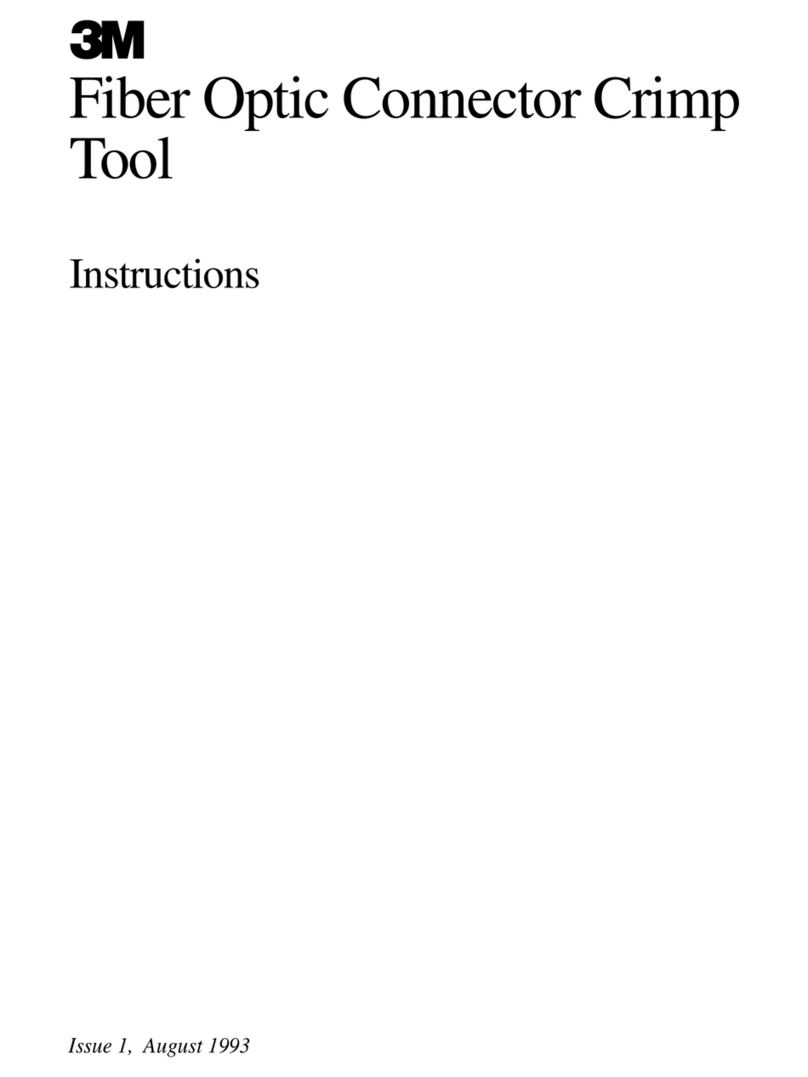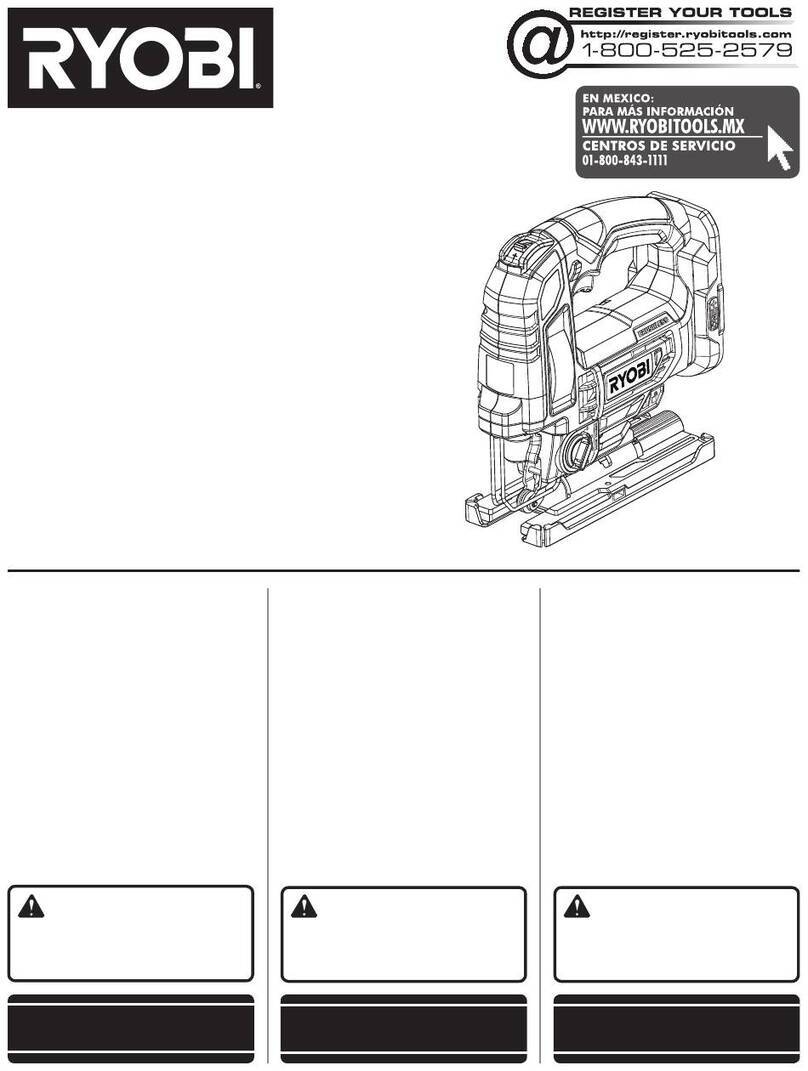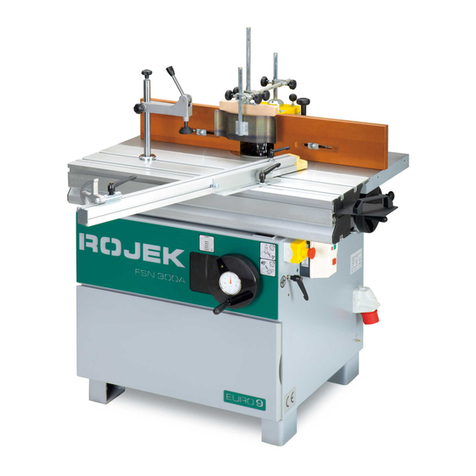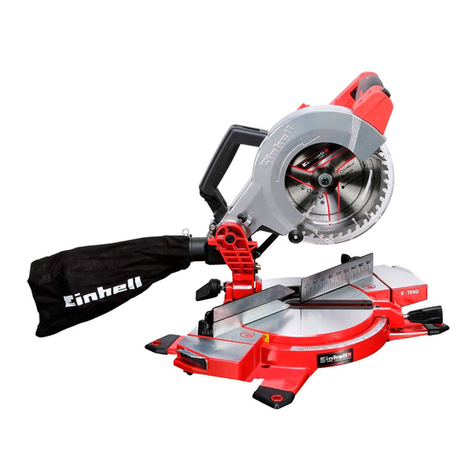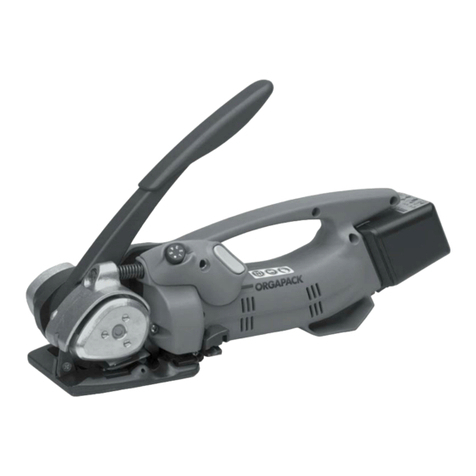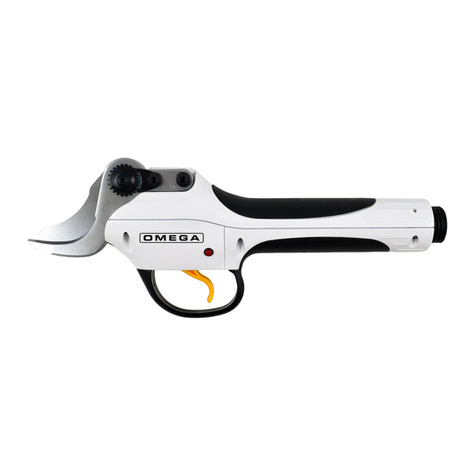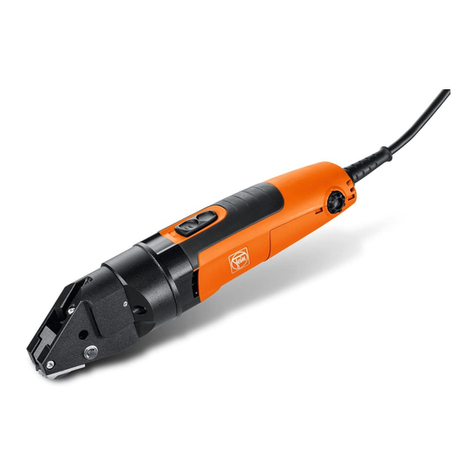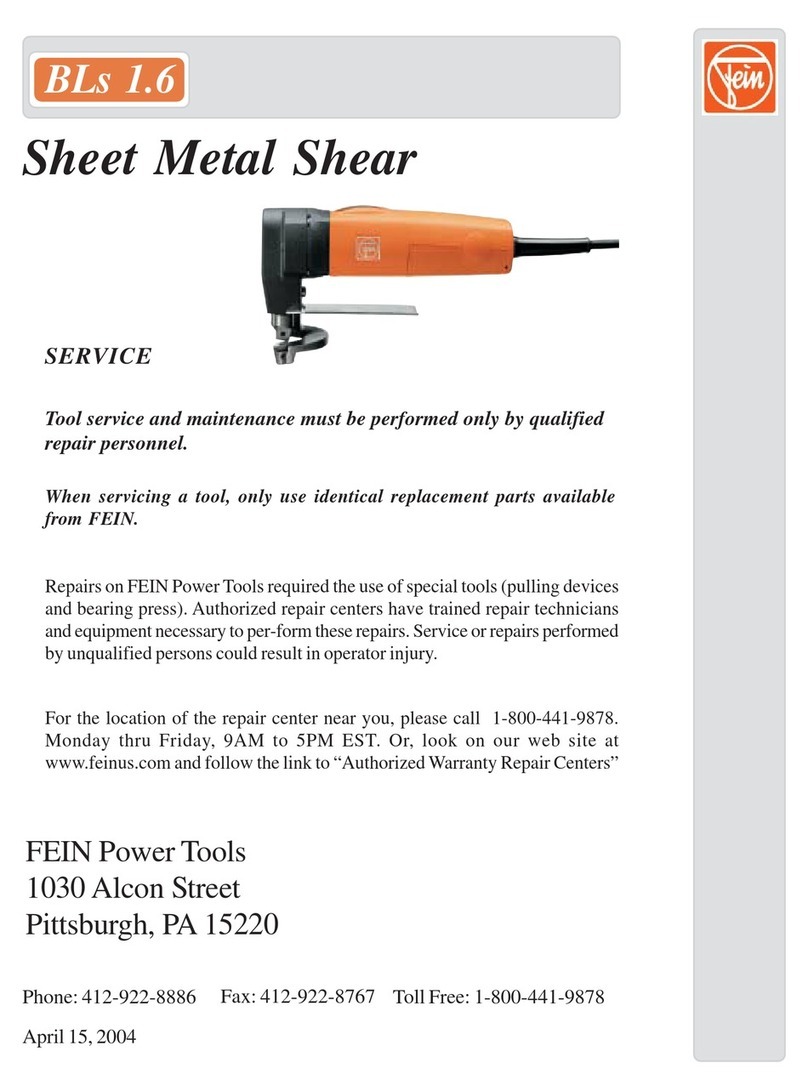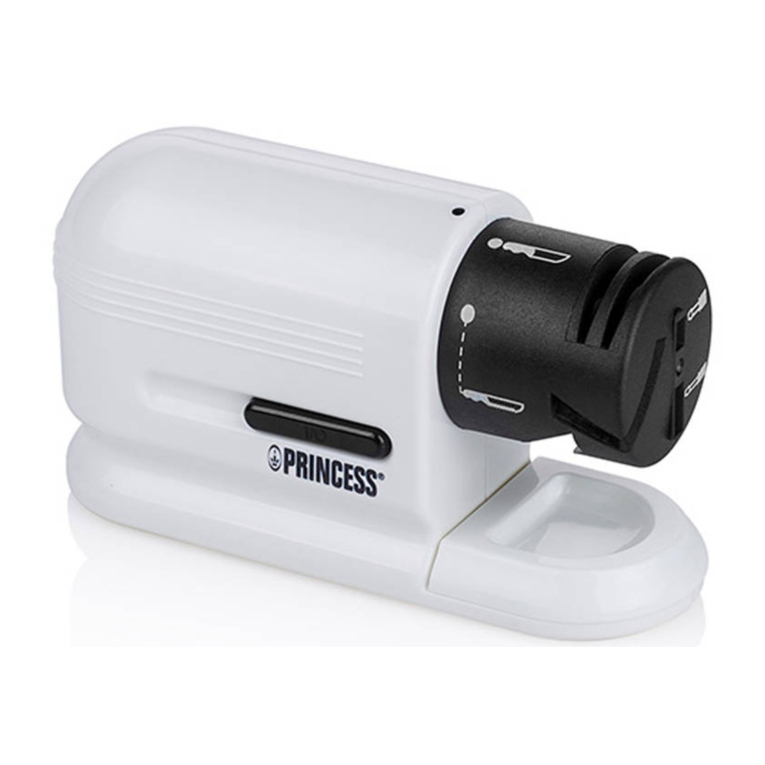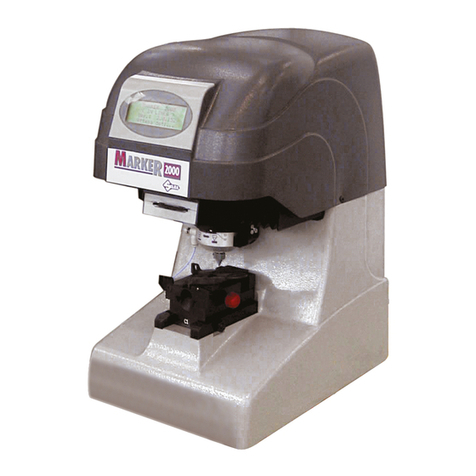
Therefore, some changes, modifications and
improvements may not be covered in this man‐
ual.
3 Safety Precautions and
Working Techniques
Special safety precautions must be
observed when working with a power
tool.
Always read and and make sure you
understand both instruction manuals
(KombiMotor and KombiTool) before
using your power tool for the first time
and keep them in a safe place for
future reference. Non-observance of
the safety precautions may result in
serious or even fatal injury.
Observe all applicable local safety regulations,
standards and ordinances.
If you have not used this type of power tool
before: Have your dealer or other experienced
user show you how it is operated or attend a
special course in its operation.
Minors should never be allowed to use a power
tool.
Keep bystanders, especially children, and ani‐
mals away from the work area.
When the power tool is not in use, shut it off so
that it does not endanger others. Secure it
against unauthorized use.
The user is responsible for avoiding injury to third
parties or damage to their property.
Lend or rent your power tool only to persons who
are familiar with this model and its operation – do
not lend your power tool without the KombiMotor
and KombiTool instruction manuals.
The use of noise emitting power tools may be
restricted to certain times by national or local
regulations.
To operate the power tool you must be rested, in
good physical condition and mental health.
If you have any condition that might be aggrava‐
ted by strenuous work, check with your doctor
before operating a power tool.
Persons with pacemakers only: The ignition sys‐
tem of your power tool produces an electromag‐
netic field of a very low intensity. This field may
interfere with some pacemakers. STIHL recom‐
mends that persons with pacemakers consult
their physician and the pacemaker manufacturer
to reduce any health risk.
Do not operate the power tool if you are under
the influence of any substance (drugs, alcohol)
which might impair vision, dexterity or judgment.
Use your power tool only for the applications
described in the instruction manual of the Kombi‐
Tool you are using.
Do not use your power tool for any other purpose
because of the increased risk of accidents.
Do not operate the KombiEngine without a prop‐
erly mounted KombiTool since this may result in
damage to the machine.
Only use KombiTools and accessories that are
explicitly approved for this power tool by STIHL
or are technically identical. It is important that
you read the chapter on "Approved KombiTools".
If you have any questions in this respect, consult
a servicing dealer. Use only high quality tools
and accessories in order to avoid the risk of acci‐
dents and damage to the machine.
STIHL recommends the use of genuine STIHL
tools and accessories. They are specifically
designed to match the product and meet your
performance requirements.
Never attempt to modify your power tool in any
way since this may increase the risk of personal
injury. STIHL excludes all liability for personal
injury and damage to property caused while
using unauthorized attachments.
Do not use a pressure washer to clean your
power tool. The solid jet of water may damage
parts of the power tool.
3.1 Clothing and Equipment
Wear proper protective clothing and equipment.
Avoid clothing that could get caught
on branches or brush or moving parts
of the machine. Do not wear a scarf,
necktie or jewelry. Tie up long hair so
that it is above shoulder level.
See also notes on "Clothing and Equipment" in
the instruction manual of the KombiTool you are
using.
3 Safety Precautions and Working Techniques English
0458-467-8321-C 3
